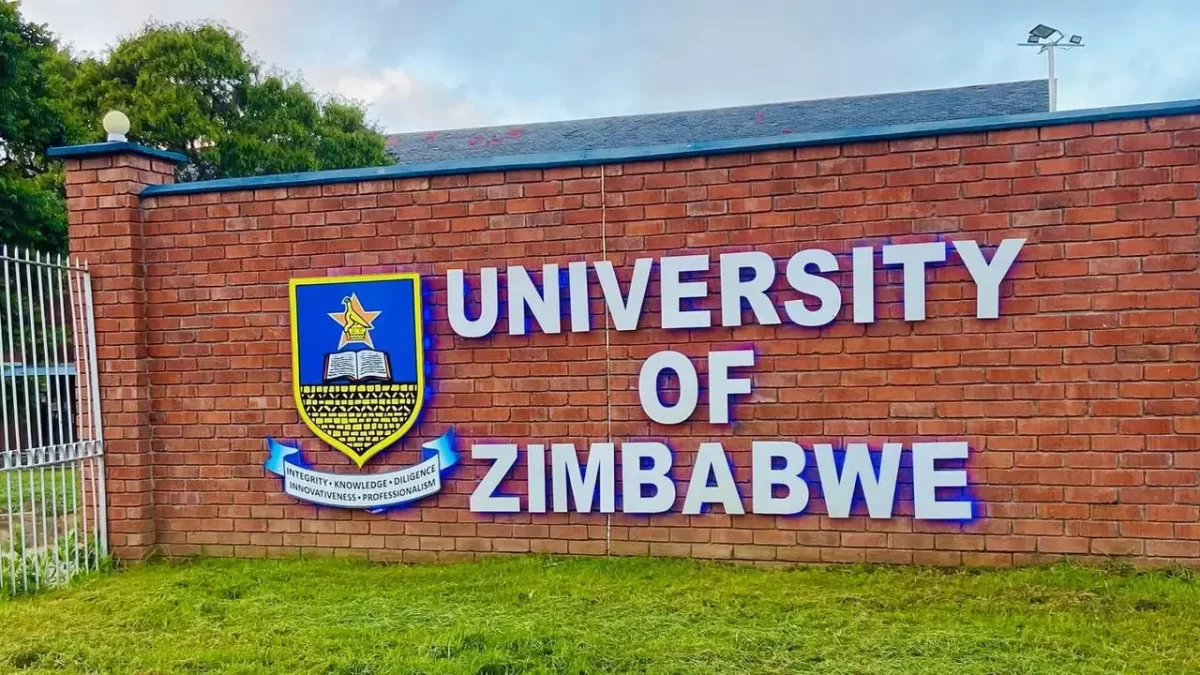HARARE – A claim by the controversial Harare preacher Walter Magaya that he has discovered the elusive cure for HIV is untested and must be disregarded, the government said on Monday.
Magaya made the extraordinary claim on Sunday, during a church service.
He claimed God had led him to a plant called Aguma, which when mixed with some herbs from Mozambique can fight HIV to undetectable levels within 14 days.
The government led a chorus of criticism of the Prophetic Healing and Deliverance Ministries founder, saying such an announcement should have been preceded by scientific clinical tests by approved bodies.
The Ministry of Health and Child care said it had “noted with concern” Magaya’s claims, and advised people living with HIV to continue taking their medications.
“There are processes and procedures that new medicines must go through before they are recognised as effective and safe for use by patients,” the ministry said in a statement.
“Medicines go through rigorous tests, including clinical trials, which involve use of the product under strict medical supervision. This is done prior to registration, and the results are submitted to the Medicines Regulator as evidence of the effectiveness of the medicines.”
Magaya claimed his “cure”, which is administered as pills or capsules of varying dosages, had been trialled on human beings over the last two years and had been proven to be “perfect”.
“We have found the cure for HIV and Aids,” he declared in front of cheering supporters.
The ministry said “neither the medicines register, nor the register of clinical trials kept by the ministry has a record of the cited medicine.”
Even herbal medicines now require approval by the Medical Controls Authority of Zimbabwe “and the product has not yet been submitted for review and assessment.”
The ministry said it was “urgently looking into the matter” before advising the public on their findings.
While the government supported “innovations and discoveries of new products,” these had to comply with the regulatory framework, the ministry added.
The human immunodeficiency virus (HIV) is a lentivirus that over time causes acquired immunodeficiency syndrome (AIDS). It was first clinically observed in 1981 in the United States.
According to the World Health Organisation, 70 million people have been infected with the HIV virus and about 35 million people have died of HIV. Globally, 36.9 million people were living with HIV at the end of 2017, two thirds of them in Africa.
A cure for HIV has never been found, although researchers have managed to manufacture medicines to keep the disease suppressed and stop it from developing into full-blown AIDS.
Magaya claimed his “cure”, developed with the help of some Indian medical professionals, worked by boosting an HIV patient’s immune system and raising their CD4 count. After taking the medication for 14 days, Magaya claimed their trials showed HIV was undetectable.
The CD4 count is a test that measures how many CD4 cells you have in your blood. These are a type of white blood cell, called T-cells, that move throughout your body to find and destroy bacteria, viruses, and other invading germs.
When the CD4 count drops below 200, a person is diagnosed with AIDS. A normal range for CD4 cells is about 500-1,500. Usually, the CD4 cell count increases when the HIV virus is controlled with effective HIV treatment.
Magaya also came under attack by the Zimbabwe Association of Doctors for Human Rights which said “any claims to cure HIV must only be made in the presence of irrefutable scientific evidence that is obtained through proper and ethical research methodologies.”
“Such unverified claims have the potential to increase the number of anti-retroviral therapy defaulters, increased risky behavioural practices and exposure to potentially harmful side effects of the herbs,” the doctors said.















